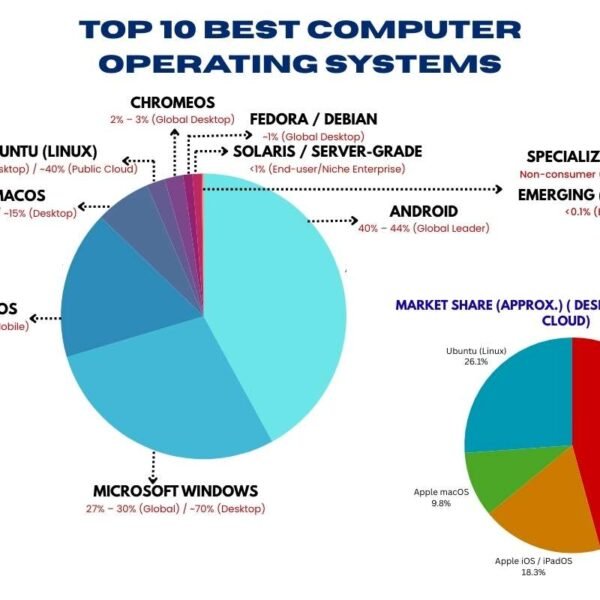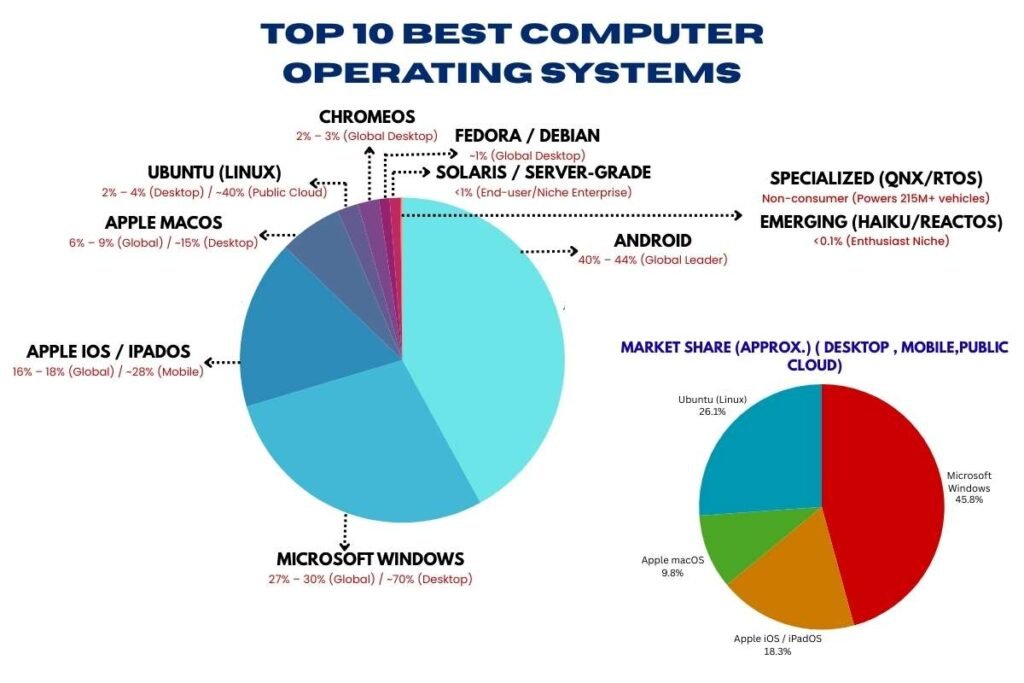Business management forms the backbone of any successful enterprise. Whether you’re an aspiring entrepreneur or a seasoned business owner, understanding effective management practices is key to navigating the complexities of running a thriving organization.
What is Business Management?
Business management encompasses the coordination of resources, people, and processes to achieve organizational goals effectively. It involves strategic planning, organizing, leading, and controlling various aspects of a business to ensure its success.
Importance of Effective Business Management
- Strategic Decision-Making:
Business-related management involves making informed decisions that align with the company’s vision and goals.
- Optimal Resource Utilization:
Efficient management ensures the proper allocation of resources—financial, human, and technological—maximizing productivity.
- Adaptability and Innovation:
Effective management fosters an environment conducive to innovation and adaptation to changing market dynamics.
- Employee Engagement:
It involves leading and motivating teams to achieve their best performance, thereby fostering a positive work culture.
Key Components
- Strategic Planning
Strategic planning forms the foundation of effective management. It involves setting clear objectives, analyzing market trends, and developing long-term strategies to achieve business goals. This process provides direction and helps businesses anticipate challenges.
- Organizational Structure and Leadership
Establishing a clear organizational structure and effective leadership hierarchy is crucial. Strong leadership ensures teams are guided efficiently while maintaining a cohesive organizational structure that supports the overall goals of the business.
- Financial Management

Managing finances involves budgeting, forecasting, and monitoring cash flows. It’s imperative for sustaining operations, making investments, and ensuring long-term viability.
- Operations Management
This aspect focuses on streamlining processes to enhance efficiency and productivity. It includes supply chain management, production, quality control, and logistics.
- Human Resource Management
Managing human capital involves recruiting, training, and retaining talent. It’s about creating an inclusive workplace culture that nurtures employees’ growth and supports the company’s objectives.
Best Practices
- Continuous Learning and Adaptation: Stay updated with industry trends, technologies, and best practices to adapt and innovate.
- Effective Communication: Clear and transparent communication fosters trust and ensures alignment within the organization.
- Embrace Technology: Utilize technology to streamline processes, improve productivity, and gather actionable insights.
- Delegate and Empower: Effective delegation empowers teams, fosters creativity, and allows leaders to focus on strategic initiatives.
- Risk Management: Assess and mitigate risks by anticipating challenges and having contingency plans in place.
Management in the Digital Age
In today’s digital landscape, business management has evolved. Technologies like AI, data analytics, and cloud computing have revolutionized operations, enabling better decision-making and enhanced customer experiences.
Management and Innovation

Innovation is integral to staying competitive. Business management involves fostering a culture of innovation within the organization. Encouraging creativity, embracing new ideas, and implementing innovative solutions can drive growth and open new avenues for success.
The Role of Ethics and Social Responsibility
Incorporating ethical practices and social responsibility into business management is increasingly crucial. Managing a business with ethical principles not only enhances reputation but also contributes positively to society, attracting socially conscious consumers and investors.
Performance Measurement and Analysis
Implementing metrics and key performance indicators (KPIs) is vital for assessing the success of business strategies. Regular analysis of these metrics enables managers to identify strengths, weaknesses, and areas for improvement, facilitating informed decision-making.
Global Management
In today’s interconnected world, businesses often operate on a global scale. Managing international operations involves understanding diverse cultures, regulations, and market nuances. Global business management requires adaptability and a strategic approach to navigate different environments.
Change Management
Adaptability to change is crucial for businesses to thrive. Effective change management involves anticipating, planning, and implementing changes while mitigating resistance within the organization. It ensures a smooth transition and minimizes disruptions.
Entrepreneurship and Small Businesses
For entrepreneurs and small business owners, effective management is the cornerstone of success. It involves wearing multiple hats—strategist, marketer, financial manager, and more. Understanding the intricacies of small business management aids in sustainable growth and scalability.
Collaborative and Agile Management
Collaboration among teams and departments fosters a cohesive work environment. Agile management practices, such as iterative project management methodologies, allow for flexibility and responsiveness in a rapidly changing business landscape.
Tools and Software
An array of tools and software solutions are available to aid in business management—from project management platforms to customer relationship management (CRM) systems. These tools streamline operations, enhance productivity, and facilitate data-driven decision-making.
Crisis Management and Resilience
Effective management involves preparing for and navigating crises. Crisis management strategies encompass risk assessment, creating contingency plans, and swift decision-making during unforeseen events. Building resilience ensures business continuity and minimizes the impact of disruptions.
Customer Relationship Management (CRM)

Managing relationships with customers is pivotal. Implementing robust CRM strategies ensures businesses understand customer needs, preferences, and behavior. It facilitates personalized interactions, customer retention, and loyalty.
Corporate Governance and Compliance
Maintaining sound corporate governance practices and compliance with regulations is essential. Adhering to ethical standards, ensuring transparency, and meeting legal requirements are critical for maintaining trust among stakeholders.
Sustainability and Environmental Management
Businesses are increasingly expected to embrace sustainability practices. Integrating environmental management into business strategies minimizes environmental impact, enhances brand reputation, and appeals to environmentally conscious consumers.
Knowledge Management
Knowledge is a valuable asset. Efficiently managing and sharing organizational knowledge enhances productivity, innovation, and problem-solving within the company. Implementing knowledge management systems aids in preserving and disseminating information.
Emotional Intelligence in Leadership
Leadership qualities extend beyond technical skills. Emotional intelligence—a leader’s ability to understand and manage emotions—plays a pivotal role in effective management. It fosters better communication, empathy, and team collaboration.
Supply Chain Resilience and Management
Managing supply chains efficiently ensures a smooth flow of goods and services. Building resilient supply chains involves risk assessment, diversification, and contingency planning to mitigate disruptions and optimize operations.
Employee Training and Development
Investing in employee growth through training and development programs is crucial. Continuous learning enhances skills, productivity, and job satisfaction, ultimately contributing to the organization’s success.
Digital Transformation and Business Management
Embracing digital transformation accelerates business growth. Integrating technology into management practices enhances efficiency, data-driven decision-making, and customer experiences, paving the way for future success.
Conclusion
The landscape of business management is multifaceted and ever-evolving. By encompassing crisis management, customer relationships, sustainability, and embracing digital advancements, businesses can adapt and thrive in dynamic environments.










